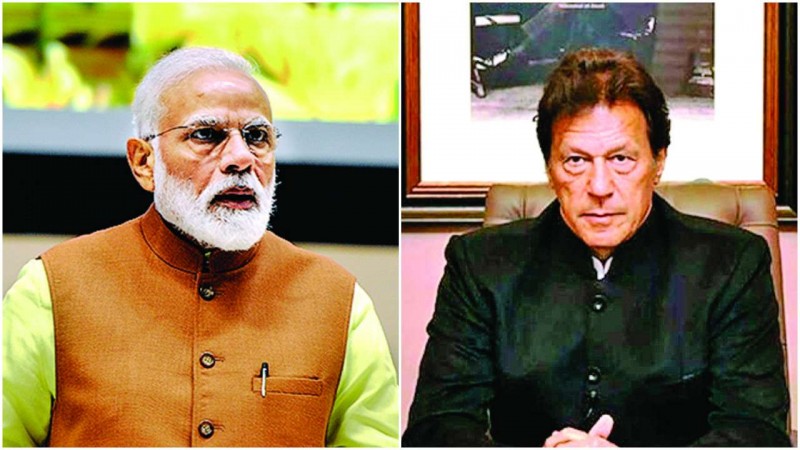
Pakistan's Prime Minister Imran Khan, who has reached the brink of financially, has spent 30 and 42 rupees in the prices of petrol and diesel respectively in the last one month. It has announced to give the benefit of a huge reduction in the prices of crude oil in the international markets to the consumers while reducing the per litre. But in the next few years, our central and state governments, claiming to make India a 5 trillion dollar economy, have increased excise duty and VAT on petroleum products instead of reducing the price and giving benefits to consumers.
In fact, due to Corona and its consequent lockdown, the earnings of the central and state governments have come down considerably. The government also needs money to make a booming Indian economy. He is not in a position to increase the burden of fiscal deficit, so no other relief package has been announced yet. The news of relief for the government came from the historical fall in the price of crude oil.
Currently (April 2020), the average price of crude oil in the Indian basket in international markets is $ 20 per barrel (1540 litres), which was 64.31 in January this year and $ 33.36 per barrel in March. According to this, consumers in the country could get a good reduction in the prices of petroleum products, but our governments considered it beneficial to fill the state exchequer instead of giving the benefit of historical reduction in the prices of crude oil. In Delhi, the Aam Aadmi Party government imposed Rs 1.67 in the state government VAT on petrol and diesel respectively. And Rs. 7.10 Has increased Many other state governments also increased VAT in their states. The central government also increased the excise duty i.e. Rs 10 per litre on petrol and Rs 13 on diesel on Tuesday, May 5. Two months before this, in March 2020, the central government paid Rs. 3 each on petrol and diesel. Excise duties were increased. With the increase in excise duty twice this year, the government expects to earn around Rs 1.7 lakh crore in this financial year (2020-21). But for this, the consumption of petrol and diesel should be equal to the total demand for 2019-20. The difficulty is that most of the lockdown has resulted in a steep decline in the consumption of petrol and diesel due to vehicles being away from the road and rail tracks.
The third phase lockdown will run till 17 May. But during this period, some demand has increased due to relaxation of the industry across the country, the opening of government and non-government offices, exemption of use of private vehicles. Demand for petrol diesel is also expected to increase in the coming days after the lockdown is completely lifted or the exemption increases.
Most of the state governments have opened government shops for the sale of liquor even in lockdown to meet their revenue deficit. The reason is the same, a large part of the revenue of the state governments comes from the excise duty ie excise duty on the sale of liquor. Government revenue was incurring heavy losses due to the prohibition on liquor sales in lockdown. Other sources of government income have also gone dry in the lockdown. Perhaps this is also the reason why most state governments have decided to continue the controlled sale of liquor from May 4 during the lockdown, crossing the periphery of party commitments and protests. The central government has also given the green signal for this. The result is in front. According to the information received, on the first day Rs. 1000 crores. Sold alcohol over. But two and a half km to the liquor shops. Long queues, lockdowns and physical distancing (social distancing is the wrong word), the sight of the crowds and the outbursts of alcoholics on the streets, is perhaps never seen before. In the name of reducing congestion, the Kejriwal government of Delhi has increased the excise duty on the sale of liquor by 70 percent. Most states have also followed this. But what happened to fight and physical distancing from our corona! It was not even thought that alcohol would increase or decrease the resistance of its users to fight the corona?
GSK sold its stake of Hindustan Unilever, deals for Rs 25480 crore
SBI gave big gift to its customers, reduced interest rate on loan